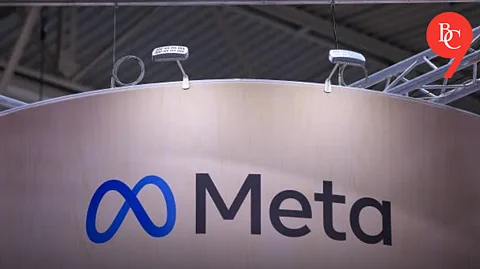

A U.S. federal court has ruled in favor of Meta Platforms (formerly Facebook) in a closely watched copyright lawsuit brought by a group of prominent authors. The verdict, delivered on June 26, 2025, marks a significant setback for authors and creative professionals seeking to control how their works are used to train artificial intelligence models.
The lawsuit, filed last year by a coalition of bestselling authors and the Authors Guild, accused Meta of copyright infringement for using their books and written works as part of massive datasets to train its generative AI models, including Llama and other large language models. The plaintiffs argued that Meta’s use of their copyrighted material without permission or compensation violated their intellectual property rights and undermined the value of their creative efforts.
Meta, in its defense, maintained that the use of publicly available content for AI training constitutes fair use under U.S. copyright law; a position that has become central to the AI industry’s rapid development.
Judge Emily Carter, presiding over the case in the Northern District of California, ruled that Meta’s use of copyrighted materials for the purpose of training AI models falls within the doctrine of fair use. The court emphasized that such use is “transformative,” as AI models do not reproduce the original works verbatim but instead learn patterns, language, and style to generate new, original content.
The ruling is a major blow to authors and rights holders, who have argued that unchecked use of their works by tech giants erodes their livelihoods and creative control. The Authors Guild and several high-profile writers expressed disappointment, warning that the decision could discourage future creative output and diminish the value of copyright protections.
For the tech industry, the verdict is a resounding victory. It provides much-needed legal clarity and paves the way for continued innovation in generative AI, which relies on vast troves of text, images, and other data to improve performance and accuracy. Companies like Meta, OpenAI, and Google have argued that restricting access to training data would stifle progress and limit the societal benefits of AI.
While Meta’s win is decisive, the legal battle is far from over. The Authors Guild has vowed to appeal the ruling, and similar lawsuits against other tech companies are ongoing. Meanwhile, lawmakers and regulators in the U.S. and Europe are considering new rules to address the intersection of copyright and AI, including potential compensation schemes for creators whose works are used in AI training.
